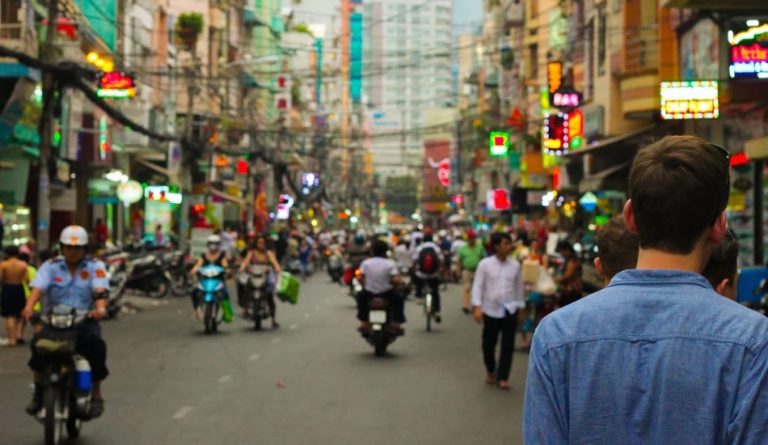A CCP virus second wave is spreading quickly through communist China according to reports from the Chinese media. State-backed Global Times said that two cases of infection reported in Jinzhong in Shanxi Province came from Shijiazhuang City in Hebei Province.
Another report stated that there was an outbreak in Wangkui County, northeastern China. It’s now under lockdown. The Wangkui outbreak has spread to the cities of Qiqihar, Yichun, and Changchun. The city of Xi’an reported quarantining 1,997 people who had come into contact with nine infected people.
Health experts in China warn that the new wave is far more infectious. Warning signs, especially in villages, are big headaches. Weak surveillance and reporting systems in villages are believed to be the reason the CCP virus is spreading quickly in these regions.
Rising cases of infections have forced rural governments to ban weddings and funerals. In northern Shanxi Province, officials have banned public ceremonies, funerals, weddings, and other such events. Feng Zijian, deputy director of the Chinese Center for Disease Control and Prevention, told Xinhua that such get-togethers have accelerated the spread of the virus in the villages.
Some have criticized the ban, saying that such events are important parts of traditional culture. However, others dismissed these concerns, saying the current priority is to ensure people’s safety. A health official from Hebei revealed that more than 70 percent of the infected cases from Shijiazhuang are farmers; the majority are from elderly and middle-aged groups. Many of the infected people had attended weddings, funerals, and similar events in recent weeks.
Success
You are now signed up for our newsletter
Success
Check your email to complete sign up
“They [government officials] said our village is a high-risk region for contracting the virus, and all four-thousand-plus villagers would be sent to quarantine centers step by step,” a villager told The Epoch Times.

Some places are also struggling with a surge in food prices. In the city of Xingtai, food prices have reportedly risen by six times. One resident complained to The Epoch Times that he bought three Anaheim peppers for 10 yuan ($1.54).
Roughly 600 million Chinese people live in the countryside, accounting for over 40 percent of the nation’s population. Wu Hao, who is part of the National Health Commission’s specialist team, believes that the government underestimated, and at times even ignored, the risk of the virus in villages. The administration has been more focused on managing viral outbreaks in cities. This negligence has now led to the rapid spread of the CCP virus.
People are reluctant to travel during the upcoming Chinese holidays
Wu admitted that the outbreak in Hebei is an alarm bell. Beijing has instructed people to remain at home during the Lunar New Year (LNY) rather than travel to their hometowns like people usually do for the holiday.
The new wave of infections is expected to harm the economy, which many believe was slowly recovering in recent months.
“The worsening coronavirus situation will impact economic activity, and markets may need to temper their expectations for strong pent-up consumption demand in the coming LNY holidays in mid-February… With the worsening virus situation and the coldest winter in decades, growth recovery lost some momentum in recent weeks… A full recovery in the services sector could be delayed, as suggested by weaker services PMI indices in December,” Ting Lu, chief China economist at Nomura, said in a research note.
Follow us on Twitter or subscribe to our email list














